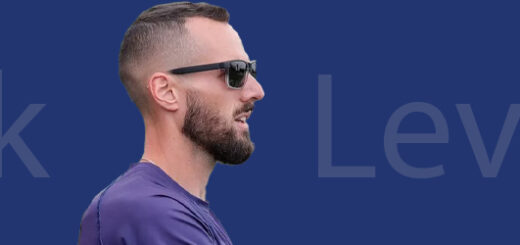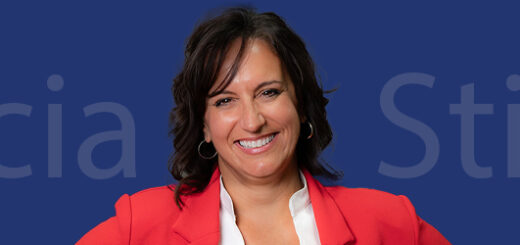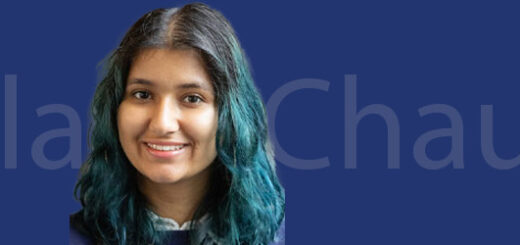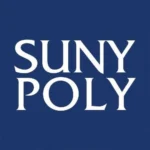Anthony Macera ’95: Computer and Information Science

By next year, there are expected to be more than 50 billion Internet of Things (IoT) devices, with the data generated exceeding 79 zettabytes. To put that into context, a zettabyte is a trillion gigabytes. Securing that data is paramount.
These are the types of items Anthony Macera, who earned his Master’s Degree in Computer and Information Science from SUNY Poly in 1995, deals with on a daily basis. Currently employed as a computer engineer at the Air Force Research Laboratory (AFRL) Information Directorate in Rome, Macera manages several contracts they have with small businesses through their Small Business Innovative Research (SBIR) program. Macera provides the small businesses with guidance, in addition to ensuring they spend money appropriately and provide deliverables that are acceptable to the Department of Defense (DoD).
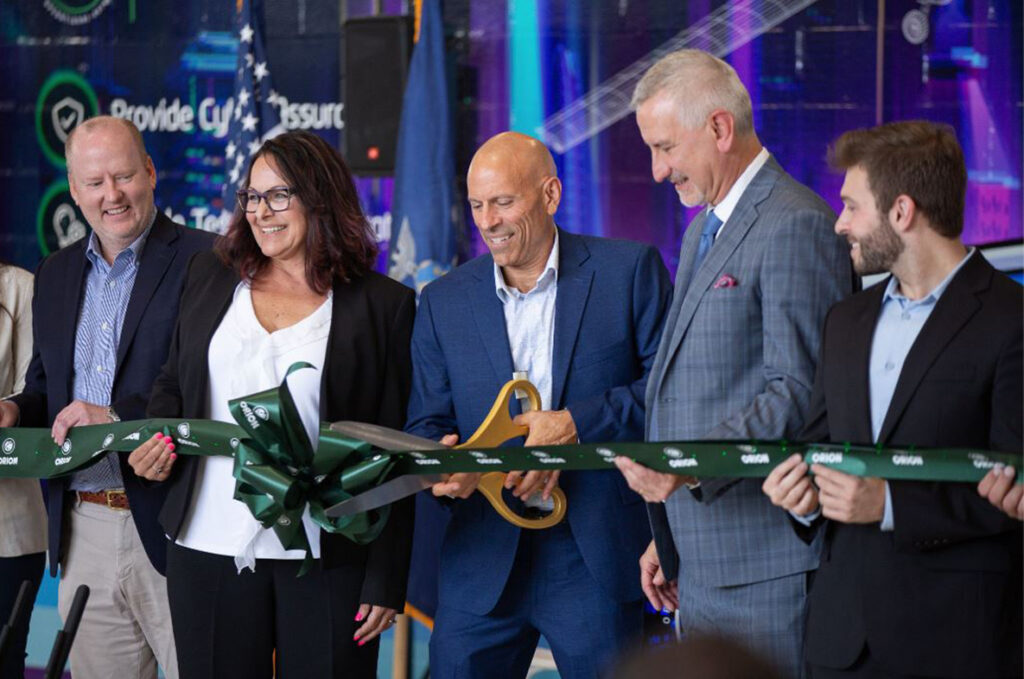
The role has helped expose Macera to a wide array of technology and science, from the IoT to artificial intelligence and machine learning, as well as communications.
It can be challenging for the businesses Macera works with to secure systems to meet DoD expectations. A new program, which Macera is heavily involved in, will help with that.
The AFRL Laboratory Information Directorate, in collaboration with several partners, including Assured Information Security, Quanterion Solutions, Griffiss Institute, NYSTEC, and Cisco, recently introduced ORION, “a technology accelerator and innovation ecosystem that is revolutionizing military and cyber capabilities within the Internet of Things (IoT).”
ORION, an acronym for Open-Architecture, Resilient loT for Operational Networks, which just had its official ribbon cutting, brings together a team of experts to integrate and test nearly any IoT system, leveraging a collection of tools and resources that evaluate the underlying and enabling technologies — such as embedded systems, wireless communication technologies, cloud services, and user applications, among others.
Youth outreach is another area Macera, and AFRL’s partners on the base are invested in, as they’ve hosted several STEM camps.
“We’re really trying to bring together the next generation of technical people to help them understand the changing world of IT, and how to secure systems,” he said.
Many of the camp participants are Mohawk Valley natives, like Macera, a graduate of Thomas R. Proctor High School in Utica.
After going away to college, Macera returned home and began working with AFRL in 1989, where he’d work during the day, and take evening classes towards his graduate degree at SUNY Poly, in the evenings.
Through those courses, he learned new software, as well as the importance of object-oriented programming, which he called a game-changer, because it was the model that was beginning to be accepted.
He fondly remembers learning new skills from his professors.
“They were sharp. You sit and listen to them. I remember sitting in class thinking,’ how did all these guys get so smart? When you get older and you get more experience under your belt, I kind of look back and say, I can see that now, how they got to where they were,’” he said. “You do a lot of reading, interface with a lot of people, and this is how you learn. Systems engineering courses I took [at SUNY Poly] were very helpful because I’ve done a lot of that at AFRL. You have a bunch of systems, and must be able to integrate them.”
On advice he’d give to students at SUNY Poly, whether they are natives to the Mohawk Valley or transplants, is to consider staying and building a career here. In addition to its close proximity to the Adirondacks, Canada and a number of cities, there are many terrific career options.
Bringing it back to AFRL, Macera said, “We have experts who we interface with every day, and we’re right here in Rome, New York. For me, the connections that I made through AFRL in this job, you can’t compare it to anything else. We are talking about world-class people and experts across the world who you interface with and you talk to. It’s just an incredible thing. You have a lot of opportunity and you do not have to go anywhere else.”


